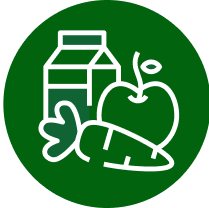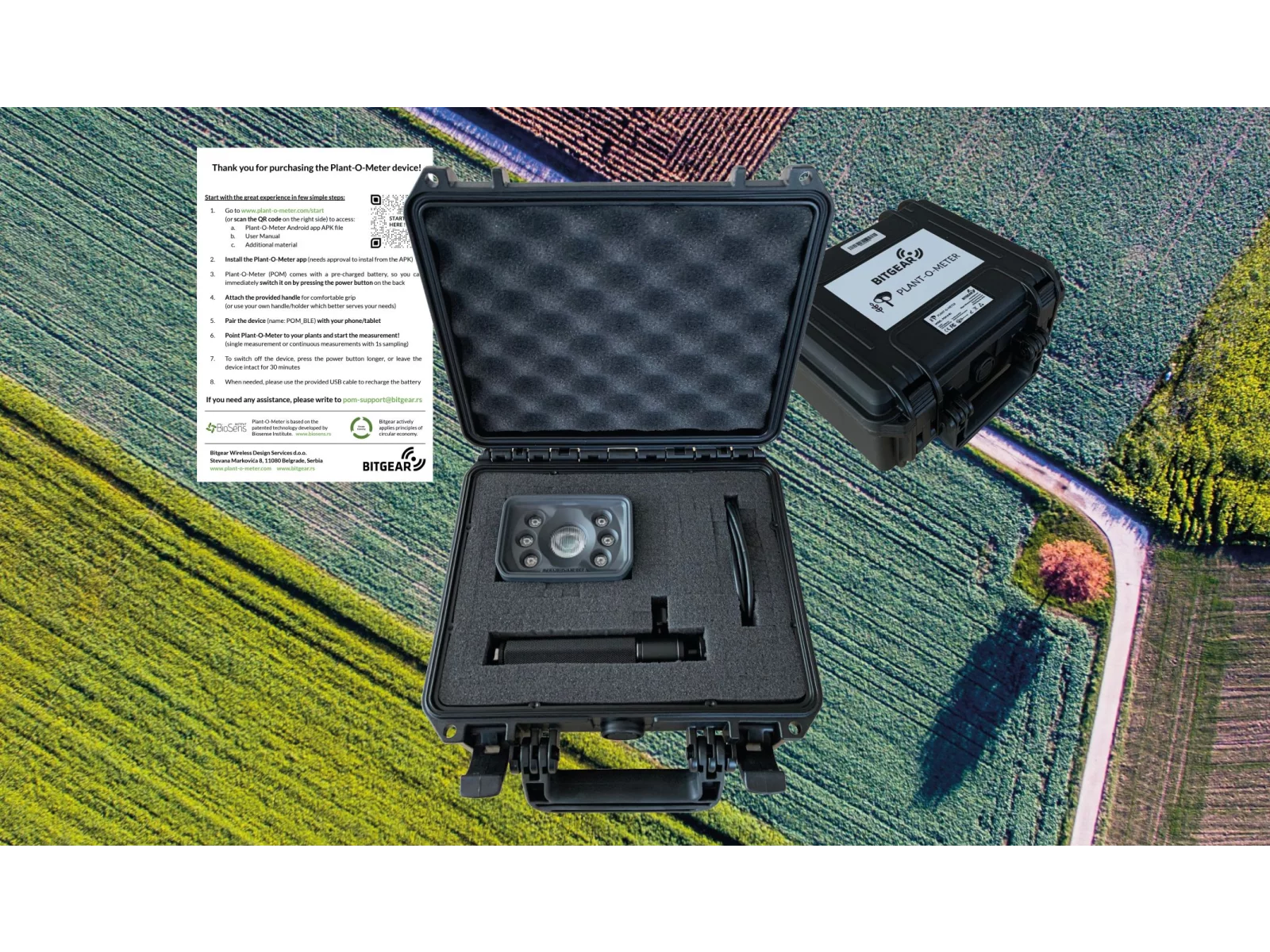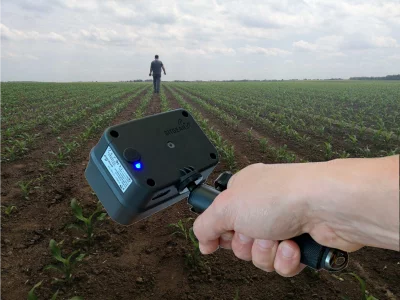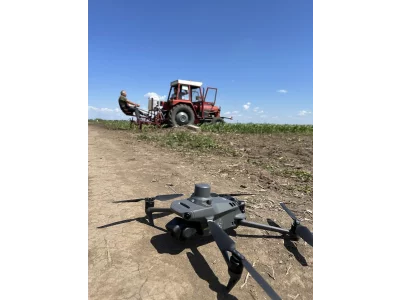Problem statement
Traditional methods of fertilizer application are inefficient, often resulting in overuse, waste, and uneven crop health. With the growing global demand for higher agricultural yields, it is essential to adopt methods that allow farmers to produce more with fewer resources. The lack of precise tools for assessing crop needs and soil conditions further exacerbates inefficiency, leading to environmental degradation and increased costs. A solution is needed to enable data-driven, variable-rate fertilizer application that optimizes resource use, enhances productivity, and supports sustainable farming practices.
Main outcome
Two fields were tested at the SME’s corn fields: one treated using traditional fertilizer application methods, and the other with variable rate technology powered by the Plant-O-Meter. The field utilizing the Plant-O-Meter's real-time plant health assessments achieved the same yield as the traditionally treated field but with a 15% reduction in fertilizer usage. This experiment demonstrated the effectiveness of precision agriculture in optimizing resources, reducing costs, and minimizing environmental impact without compromising productivity - in the context of SME’s specific use case (corn fields).
The SME 1) learned the benefits of precision AgTech, and 2) how it is used and how it can be used in practice. They will embed precision AgTech in their operational processes.










